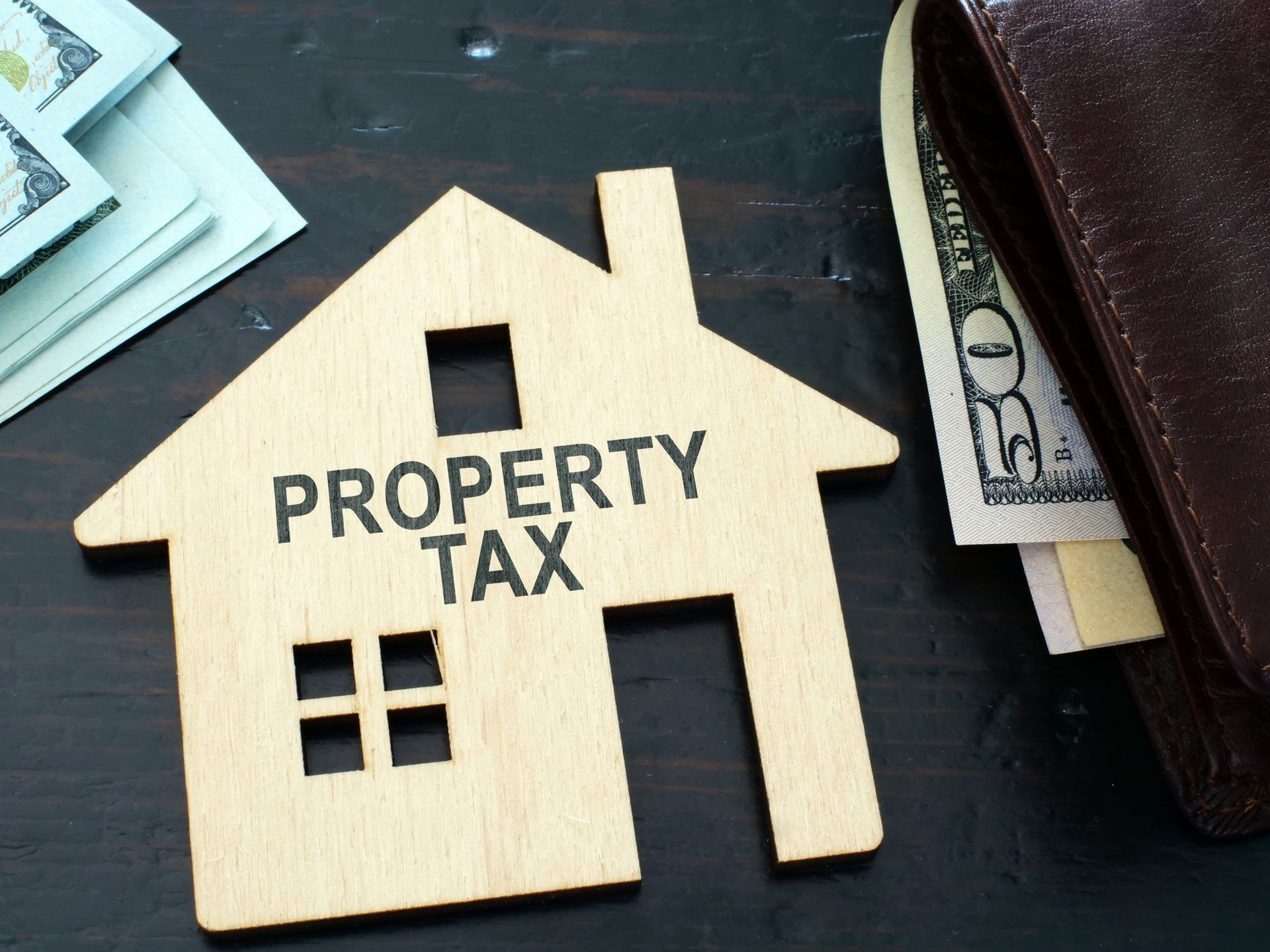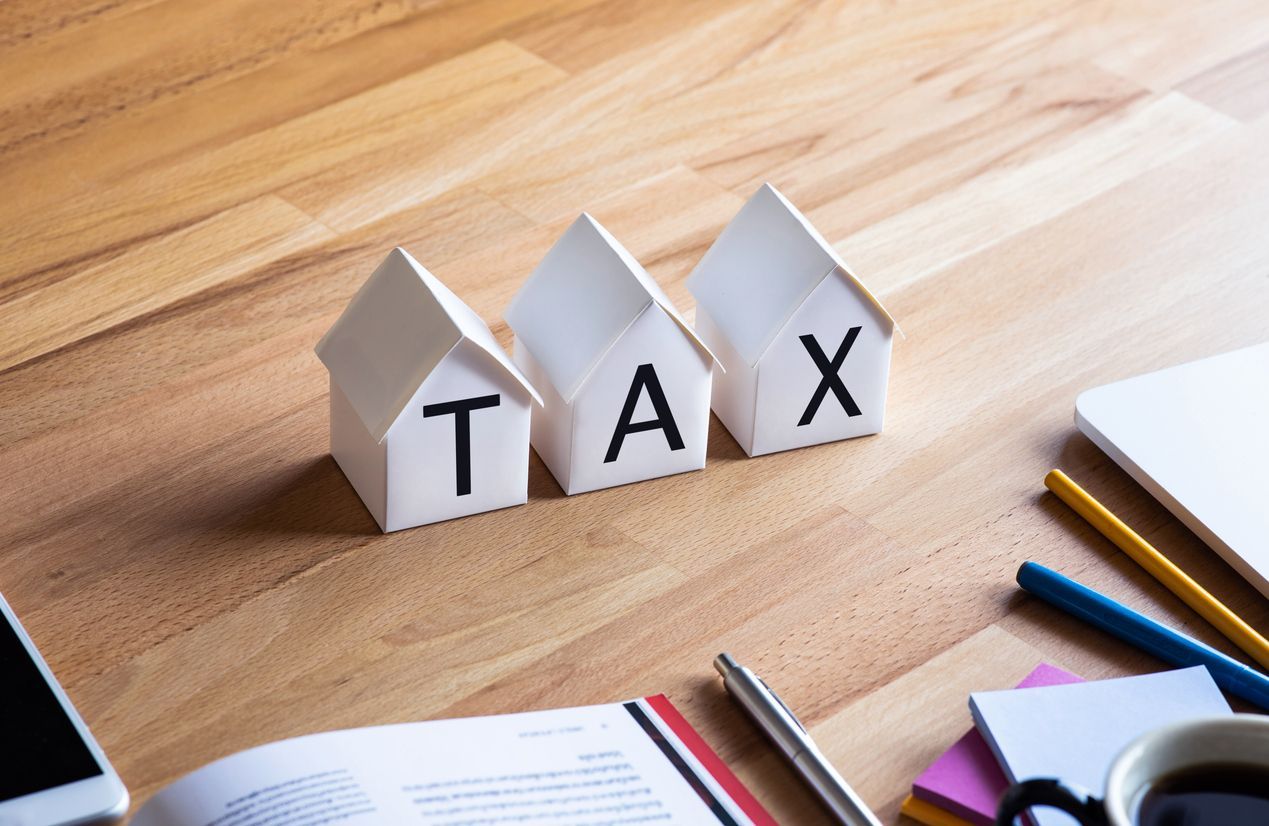Property Taxes

Wherever you buy a home in the United States, property taxes are a reality of homeownership. An agent who is a REALTOR® can help connect you with a tax expert in your area, but here are the basics:
What are property taxes?
Property taxes are charges on your land and property, based on the value of your property, levied by your local government. The revenue generated is often used to fund community needs such as schools, police and fire departments, and road maintenance. Some states also tax personal property, such as cars and boats.
Can I know the property tax on a home before I purchase it?
Real estate listings, usually from your local multiple listing service, typically include information on a property’s annual taxes. You can also ask the seller directly about their latest tax bill and when the property was last reassessed. Depending on the location, the assessed value—which is different from and generally less than the market value—of the property may increase based on the amount you pay for it.
How do I pay my property taxes?
The most common method for paying property taxes is through an escrow account, where a portion of your monthly mortgage payment is held and automatically paid towards your tax bill when it is due. You may choose to pay your taxes on your own, although in some cases your lender may require you to use an escrow account to ensure payments are made on time.
What are transfer taxes?
Separate from your annual property tax, transfer taxes are a one-time fee charged when the title of a property changes hands between the seller and buyer. Transfer taxes are an important consideration and can affect the overall cost of buying or selling property. The rates vary by location, and either the buyer or seller can pay the tax, depending on local laws, so be sure to work with your agent and legal counsel in negotiating the terms in your purchase agreement.
Source: Adapted from NAR Consumer Guide on Property Taxes - Get the Facts










